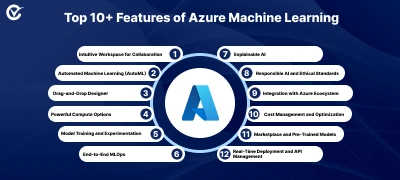Vast Edge offers expertise in Generative AI, Machine Learning (ML), and Data Model Refinement, providing advanced solutions to enhance and optimize ML models through iterative refinement processes. This service encompasses leveraging generative AI techniques to innovate and improve the performance, adaptability, and accuracy of ML models across diverse applications and industries.
According to a research article by IDC, the artificial intelligence (AI) software market is projected to experience significant growth, expanding from $64 billion in 2022 to approximately $251 billion by 2027. This exponential increase underscores the escalating influence and widespread adoption of AI technologies across diverse industries in the coming years.





